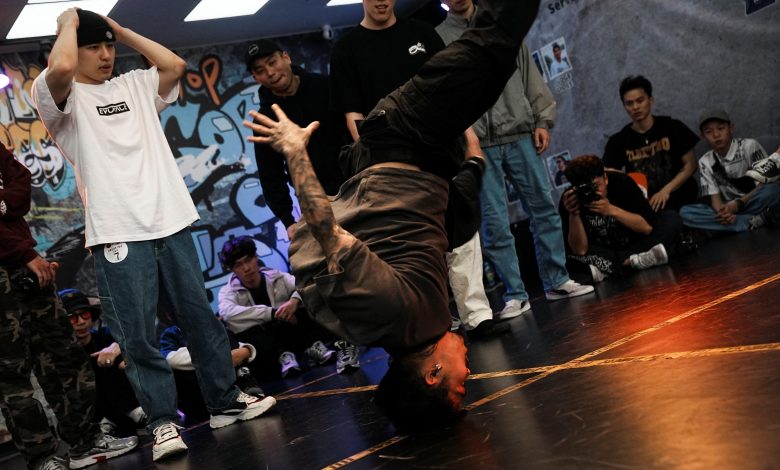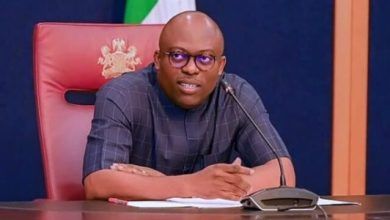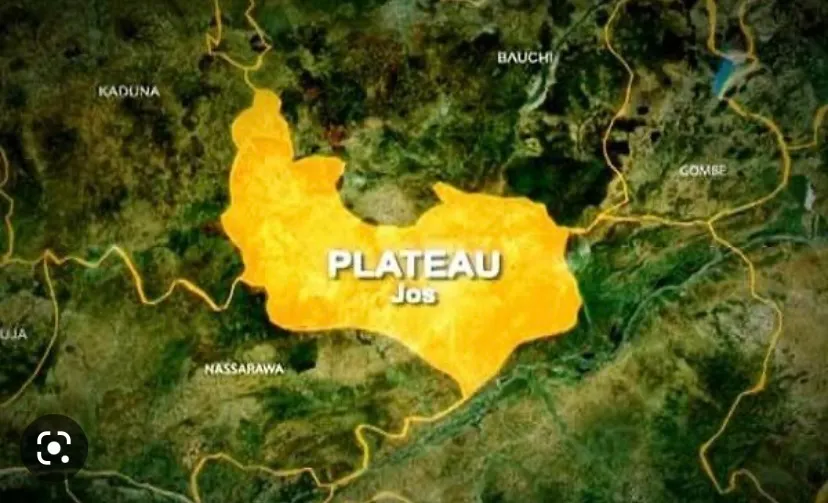
Cheung Cheuk Man, a Hong Kong B-boy and plumber by day and breakdancer by night, was upset not to make the Olympic team when breaking made its debut at the Paris Games. However, he aspires to help nurture the city’s future generation of breakdancers.
The 30-year-old, better known as “Ex,” was unable to secure a spot on the greatest stage of them all this summer after placing 52nd in the World DanceSport Federation Olympic qualification event held in Hong Kong in December and 130th overall.
However, Cheung is too committed to the sport to give up after spending the last 15 years learning to breakdance and overcoming obstacles like a lack of trainers, money, and official training.
“If I could enter the Olympics, it would be even more amazing,” said Cheung, who needs his day job to pay rent for his tiny apartment in the city’s industrial Kwai Chung district.
“To be blunt, I’m getting older. If I were to push myself like I did in previous years, I might not even be able to.
“I’m not saying I’ll stop dancing altogether, but maybe I’ll transition to the next stage, which is teaching and nurturing the next generation.”
That next generation of talent may not get the chance to dance for Olympic gold, however. After being added to the Paris programme in 2020, breaking was dropped for the 2028 Games in Los Angeles.
After representing Hong Kong in competitions from Brazil to Japan, Cheung said breaking needed as much exposure as possible to flourish.
“It’s important we have the opportunity for others to see it. It’s important for promoting the culture,” said Cheung, who sported tattooed arms and silver tunnel earrings.
“Competing with world class people, this is very positive. Dancing is a really positive thing, you don’t need to talk at all. It’s about communication.”





